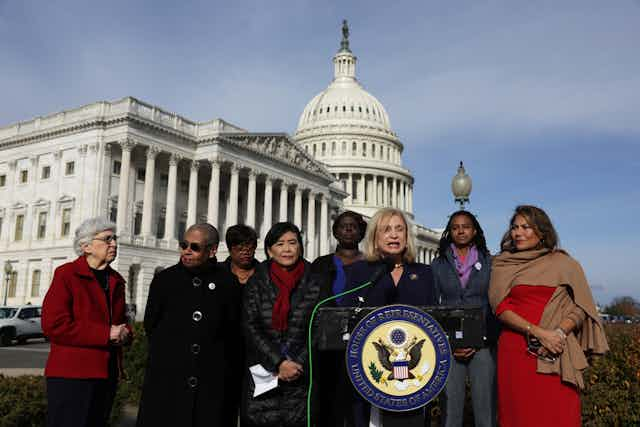As King Charles prepares for his upcoming trip to Australia, the atmosphere surrounding his visit is already filled with tension and skepticism.
Many Australians are expressing doubts about the royal reception he will receive, with a significant number of citizens questioning the relevance of the monarchy in the modern age.
In a country that prides itself on its democratic values, calls for an end to the monarchy are growing louder, and protests against the king’s visit seem likely.
One of the most notable rejections of royal engagement came from Craig Foster, a former captain of the Australian football team and a prominent human rights advocate.
Foster, who has a strong public presence, turned down an invitation to meet King Charles during a community barbecue hosted by New South Wales Premier Chris Minns and his wife, Anna.
His response, shared on social media platform X, was unequivocal: “Thanks, but no thanks.
I look forward to being in the presence of our first Aussie head of state when we put our big pants on as a country.” This statement reflects a broader sentiment among many Australians who feel it’s time for the nation to establish its own identity separate from the monarchy.
Foster’s rejection is emblematic of a growing movement in Australia that seeks to abolish the monarchy altogether.
The sentiment resonates with those who believe that in the 21st century, the country should move towards having an Australian head of state rather than adhering to outdated colonial ties.
His decision not to attend the event underscores a significant shift in public opinion regarding the royal family.
Adding to the controversy, reports have surfaced that King Charles intends to pause his cancer treatment for 11 days during this high-profile trip to Australia and Samoa.
This revelation has sparked widespread debate and concern among the public.
Many are questioning the wisdom of halting medical treatment for the sake of royal duties, especially considering the potential health risks involved.
Critics have taken to social media to voice their disbelief.
Some argue that pausing cancer treatment for any reason—let alone a royal engagement—seems irresponsible.
Comments on various platforms suggest that this decision could jeopardize the king’s health, particularly if his immune system is compromised.
The notion that royal duties take precedence over personal well-being has left many feeling uneasy.
The announcement of this decision has raised eyebrows, prompting questions about the motivations behind such a public declaration.
Why make the pause in treatment known to the world?
Some speculate that this could be part of a larger narrative crafted by the royal family to portray King Charles as a dedicated monarch prioritizing duty over personal health.
However, critics find this portrayal troubling, suggesting it sends the wrong message about the seriousness of cancer treatment.
Amidst these controversies, some Australians are voicing their discontent regarding the financial implications of the king’s visit.
There are concerns about the taxpayer burden associated with royal tours, especially when many citizens feel disconnected from the monarchy.
The expenses related to security, hospitality, and other logistics for such visits can add up quickly, leading to frustrations among those who see these funds as better spent on pressing national issues.
The skepticism surrounding the monarchy is further fueled by perceptions of the royal family’s transparency.
Many are questioning the validity of the health claims made by King Charles, especially given the lack of concrete information about his condition.
Speculations about the authenticity of his health status have become rampant, with some suggesting that there may be inconsistencies in the royal family’s narrative.
The upcoming visit, which includes engagements with dignitaries and appearances at various events, is being met with mixed feelings.
While some may view it as an opportunity for cultural exchange, others see it as an unnecessary spectacle that diverts attention from more pressing matters.
The sentiment among certain segments of the population is clear: they would prefer that the monarchy focus on relevant issues rather than maintaining outdated traditions.
As the date of the visit approaches, it appears that King Charles will face a challenging reception in Australia.
With prominent figures like Craig Foster rejecting royal invitations and public skepticism about his health and the purpose of his visit, the monarchy’s relevance in contemporary Australia is under scrutiny.
The king’s trip may serve as a litmus test for the future of the royal family in a nation that increasingly questions its ties to the crown.
In light of these developments, many Australians are left wondering what the future holds for their relationship with the monarchy.
The upcoming visit could either reinforce the traditional ties that bind or further fuel the movement towards republicanism.
As the situation unfolds, it will be interesting to see how both the royal family and the Australian public navigate these complex dynamics.
Related Stories

